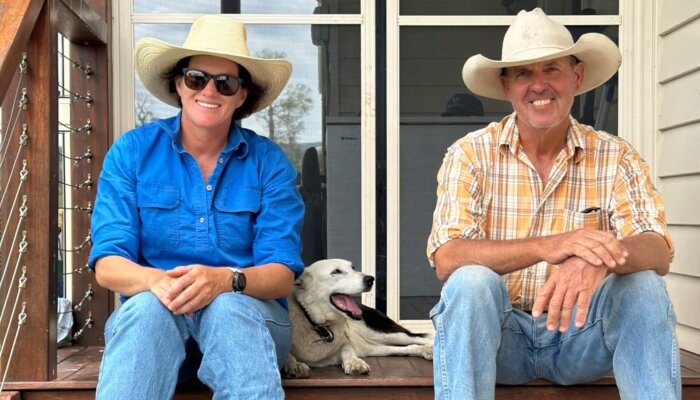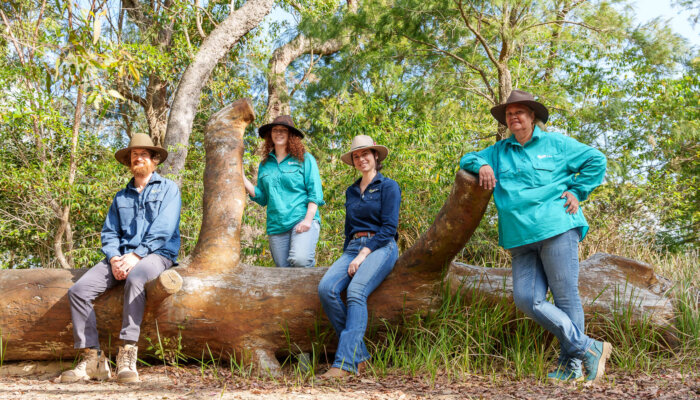Resources library - Land Managers
Land Managers Resources
Flood recovery focusing on weed control
Flood recovery focusing on weed control
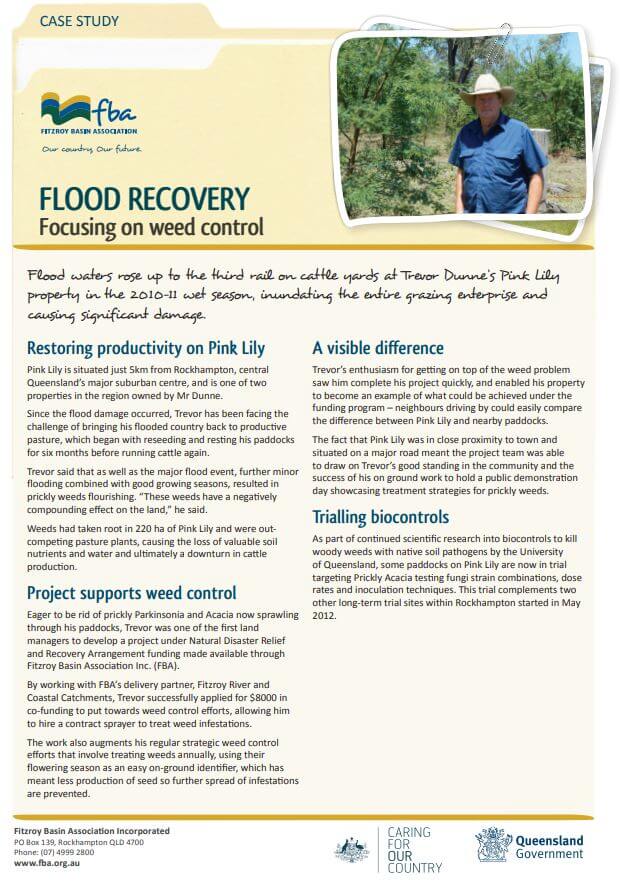
Since the flood damage occurred, Trevor has been facing the challenge of bringing his flooded country back to productive pasture, which began with reseeding and resting his paddocks for six months before running cattle again.
31/07/2013
Flood recovery Starting from scratch in the Dawson
Flood recovery Starting from scratch in the Dawson
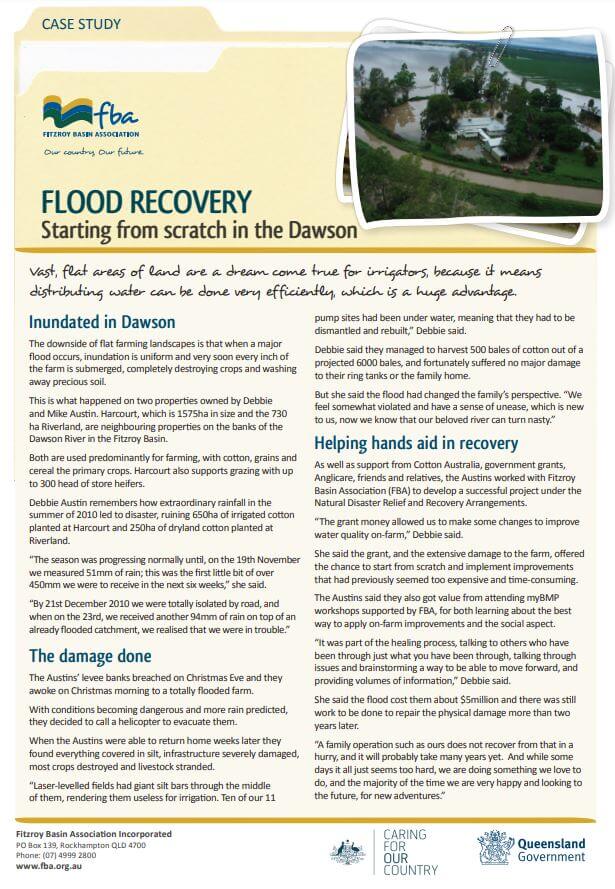
The downside of flat farming landscapes is that when a major flood occurs, inundation is uniform and very soon every inch of the farm is submerged, completely destroying crops and washing away precious soil. This is what happened on two properties owned by Debbie and Mike Austin. Harcourt, which is 1575ha in size and the 730 ha Riverland, are neighbouring properties on the banks of the Dawson River in the Fitzroy Basin.
31/07/2013
Conserving Grassland habitat for special species
Conserving Grassland habitat for special species
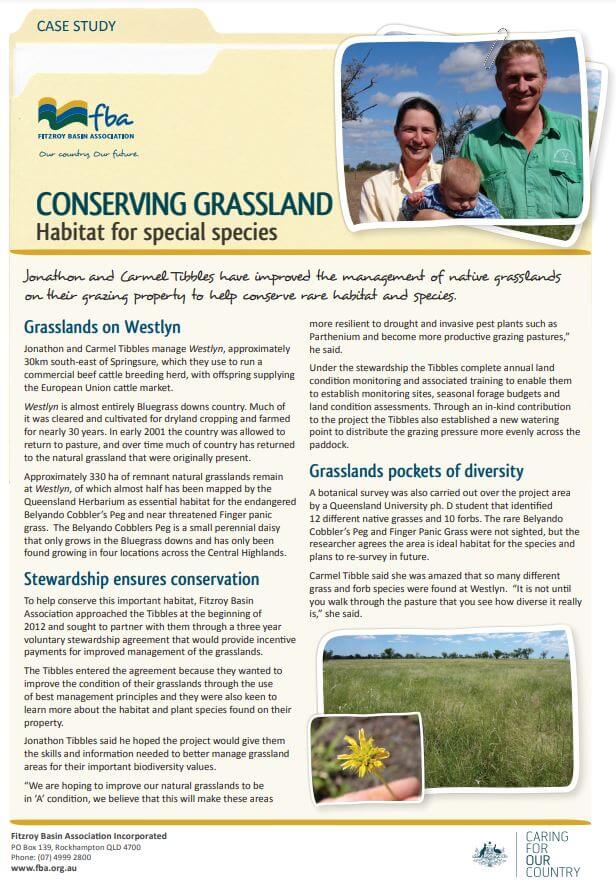
Jonathon and Carmel Tibbles have improved the management of native grasslands on their grazing property to help conserve rare habitat and species.
17/07/2013
From the paddock to the reef: tracking cattle movement
From the paddock to the reef: tracking cattle movement
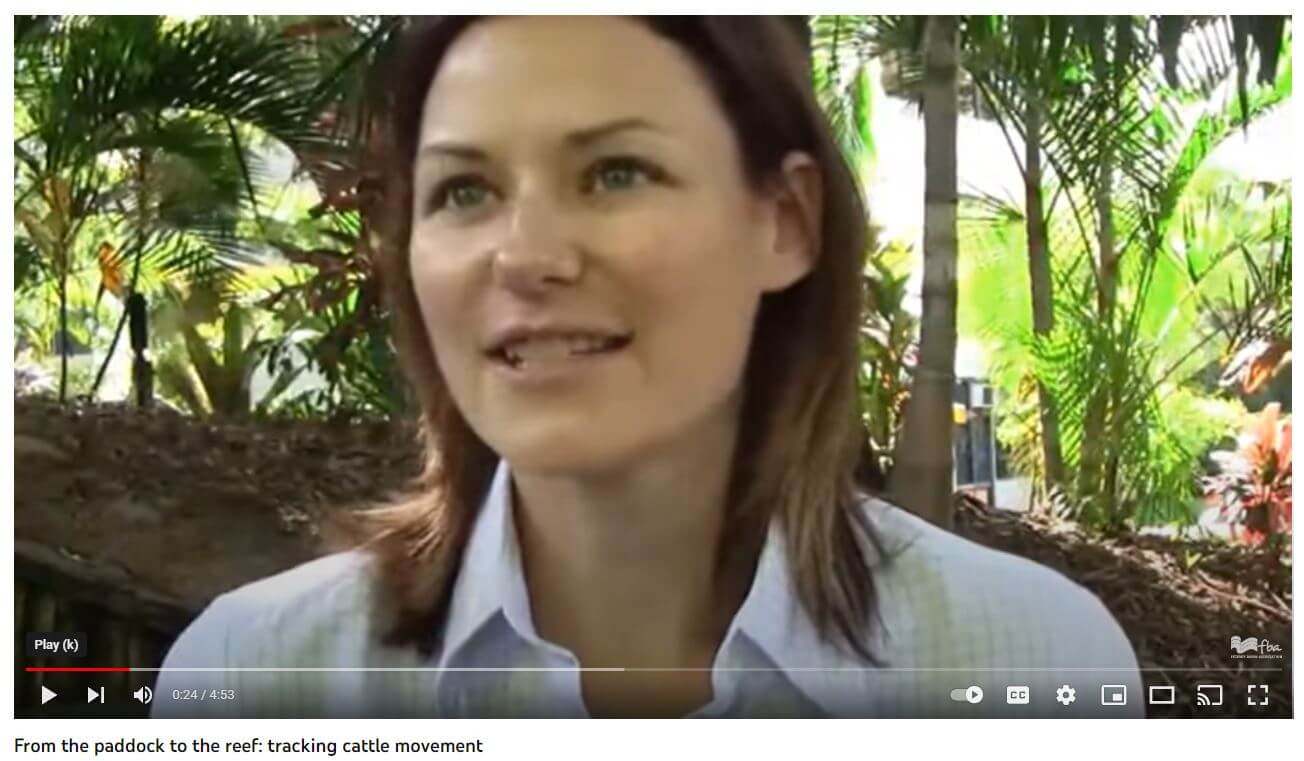
An innovative research project in central Queensland is tracking cattle movement in paddocks with different layouts, to see how much cattle rely on creeks for drinking water when a trough is available. Cattle have been fitted with GPS collars that track their every move. This project has been supported by the Australian and Queensland Government's Paddock to Reef program, and involves Fitzroy Basin Association, CSIRO, and CQ University.
13/02/2013
Making changes for better broadacre cropping on ‘Cedar Park’
Making changes for better broadacre cropping on 'Cedar Park'
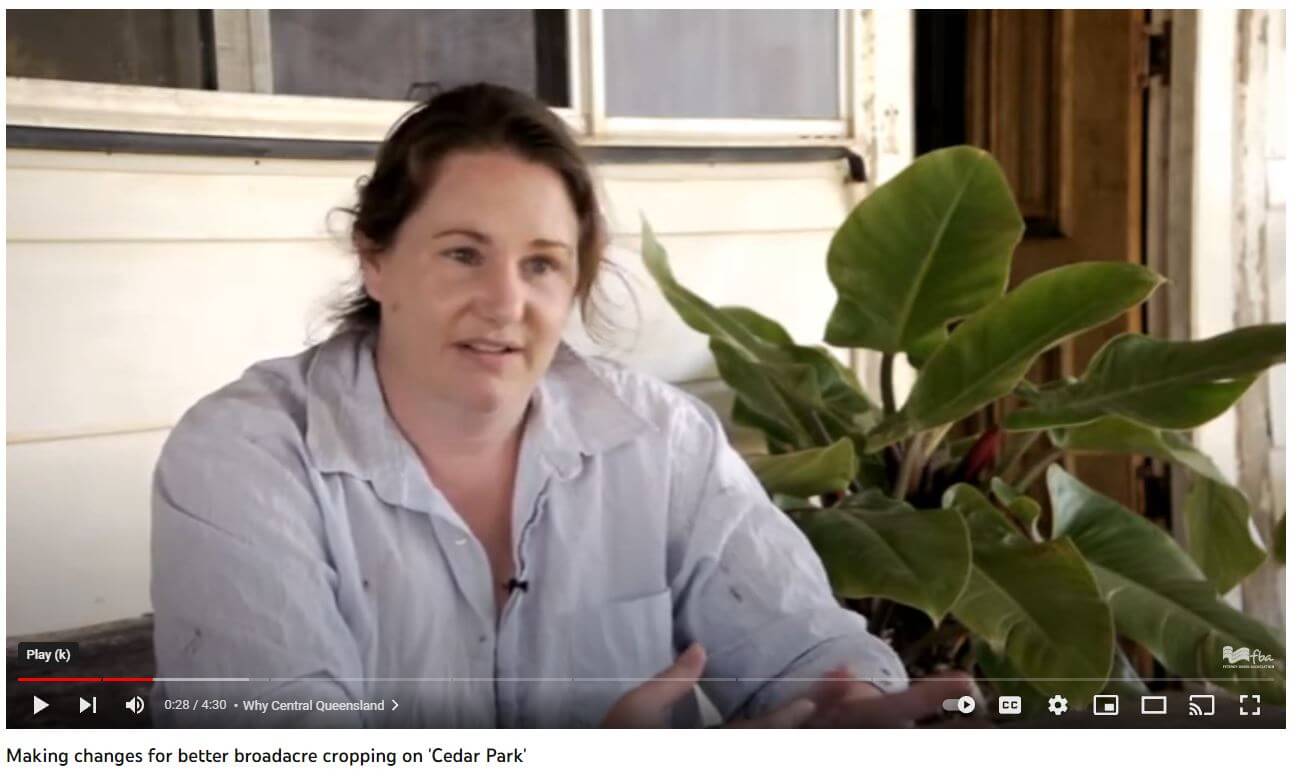
Kate and Eugene Sullivan grow crops near Springsure in central Queensland. They have worked with their local natural resource management group, Fitzroy Basin Association (FBA), to improve their understanding of their business and how it could be improved for a more sustainable CQ.
31/10/2012
Cotton best practices with the Austin Family
Cotton best practices with the Austin Family
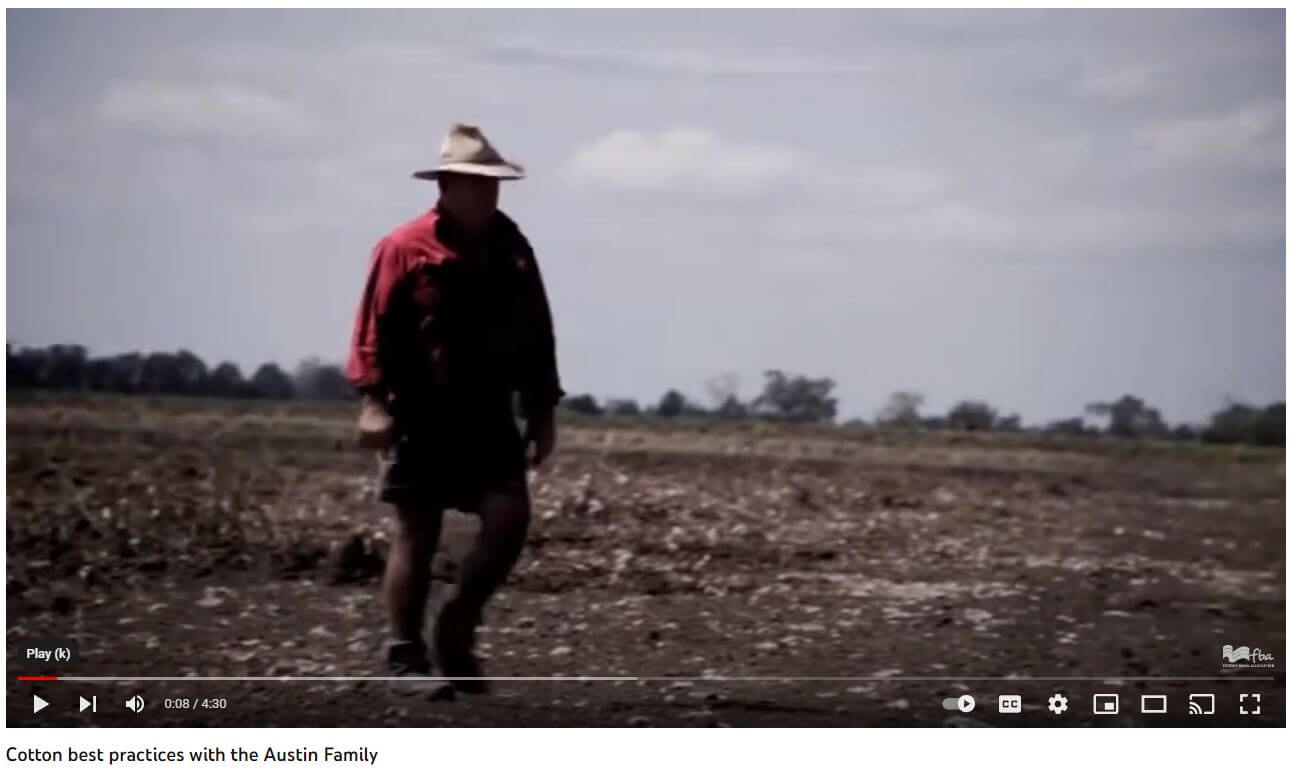
The Austin's farm cotton and they do it sustainably. Assessing their business by completing myBMP, the cotton industry's best management practices program.
31/10/2012
Best management practices improving beef business in CQ
Best management practices improving beef business in CQ
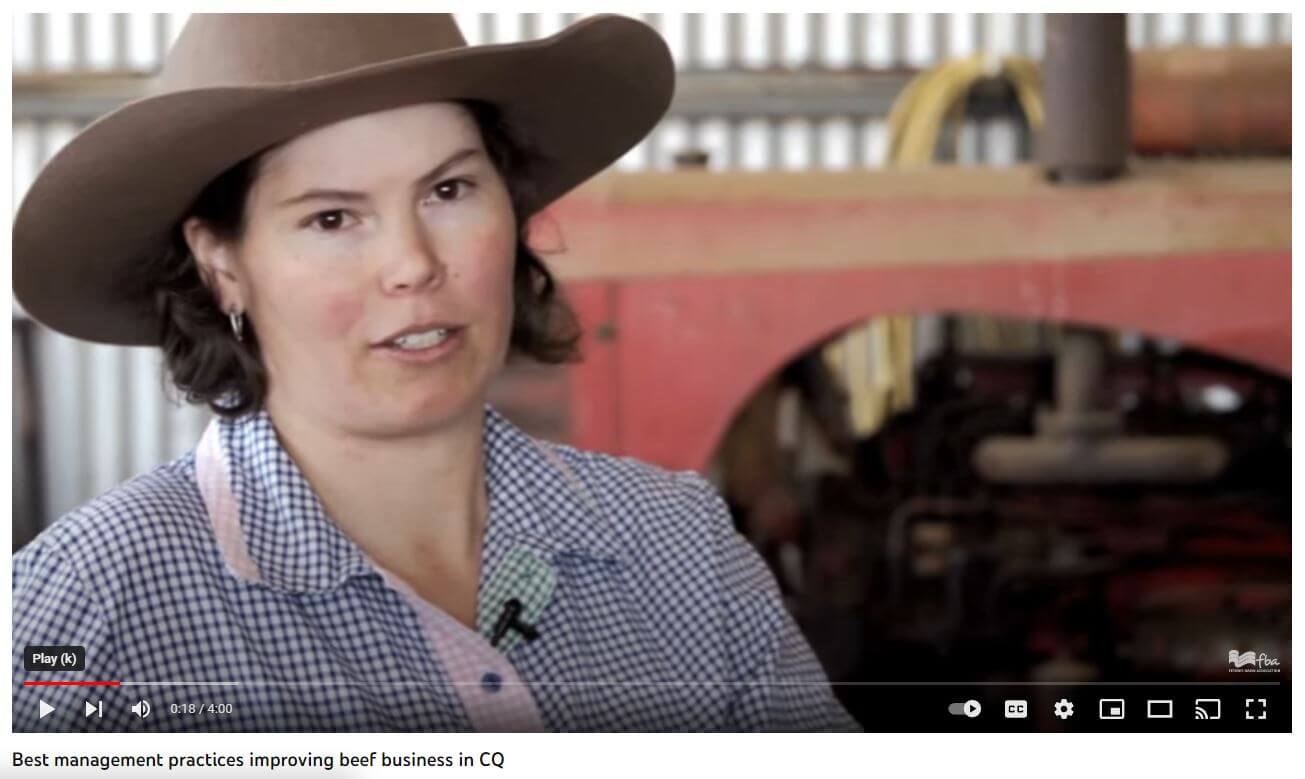
Adele and David O'Connor are some of the first graziers to get involved in a new benchmarking program for the grazing industry. Grazing best management practices (BMP) is a self-assessment tool that enables beef producers to see how they are performing against industry standards, make a plan for improvement and access support and training opportunities.
31/10/2012
Sustainable grazing in central Queensland
Sustainable grazing in central Queensland
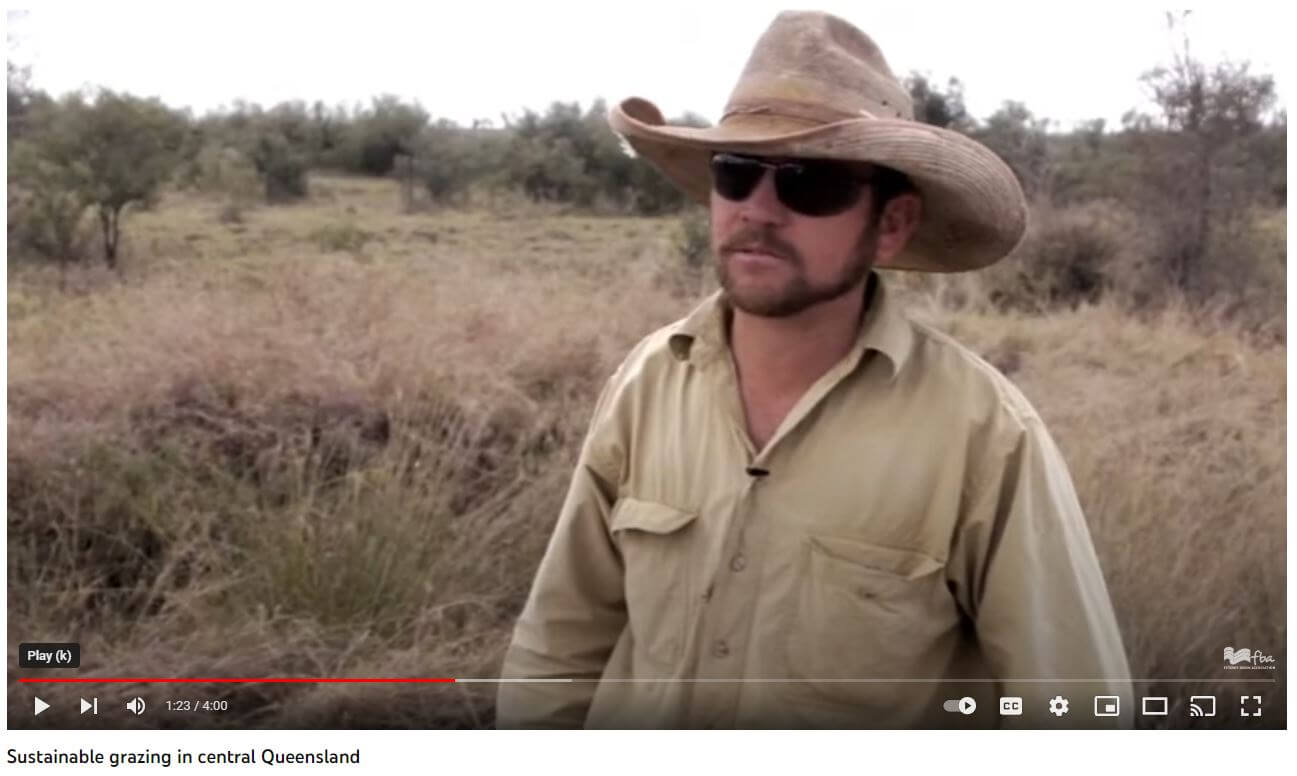
Brett Christie runs a grazing business that produces organic beef. He has worked with his regional NRM group, Fitzroy Basin Association, to develop a project to protect waterways from erosion, thus improving water quality in the nearby creeks.
29/10/2012
Flood Recovery project helps protect waterways near Taroom
Flood Recovery project helps protect waterways near Taroom
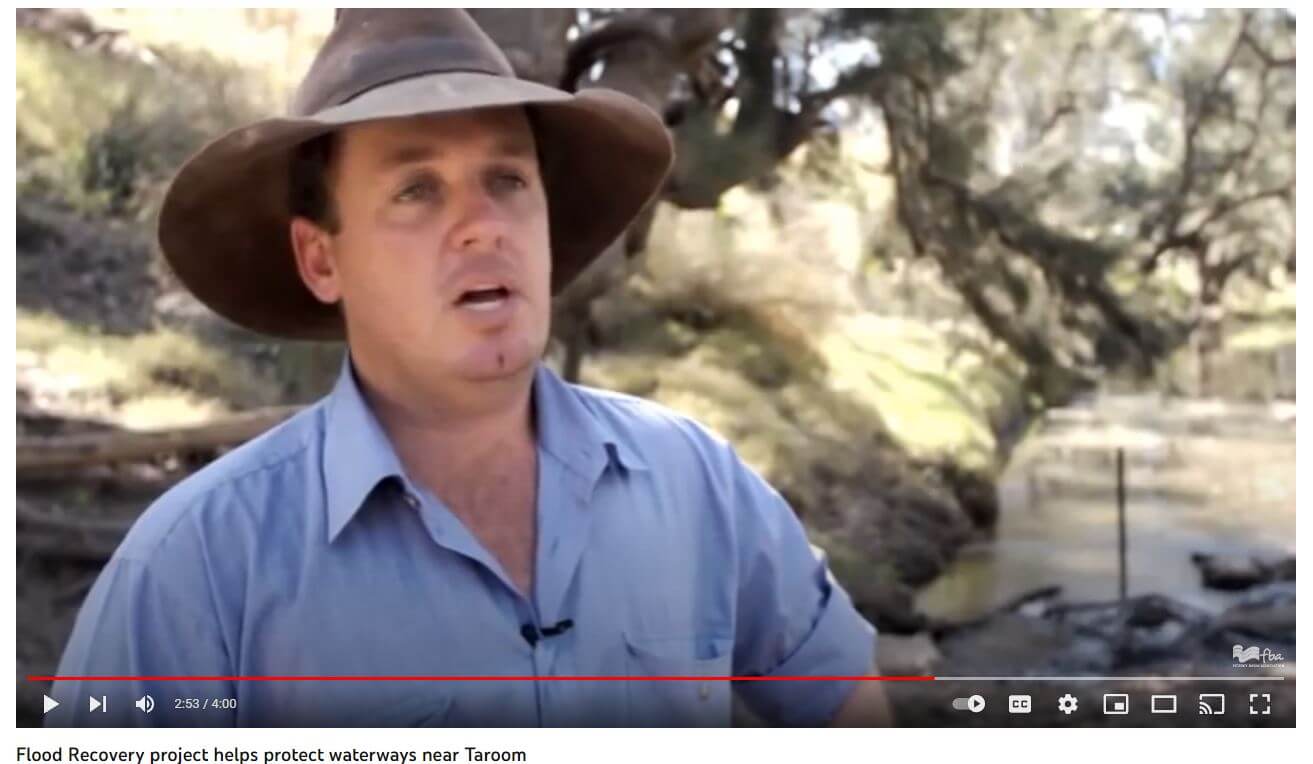
Ben Adams talks about a flood recovery project he completed which helped him replace fencing used to better manage stock access to sensitive river bank areas. Lengths of fencing was washed away in flooding experienced in central Queensland, which had the potential to seriously set-back management techniques that were benefiting the grazier and the environment, by reducing erosion. By working with his regional natural resource management group, Fitzroy Basin Association, Ben was able to access flood recovery funding provided by Queensland and Australian Government's that meant he could afford to replace damaged fences much quicker.
29/10/2012





